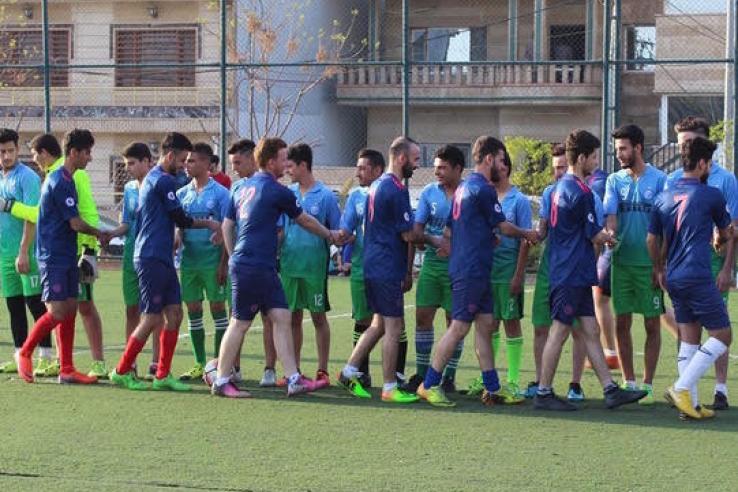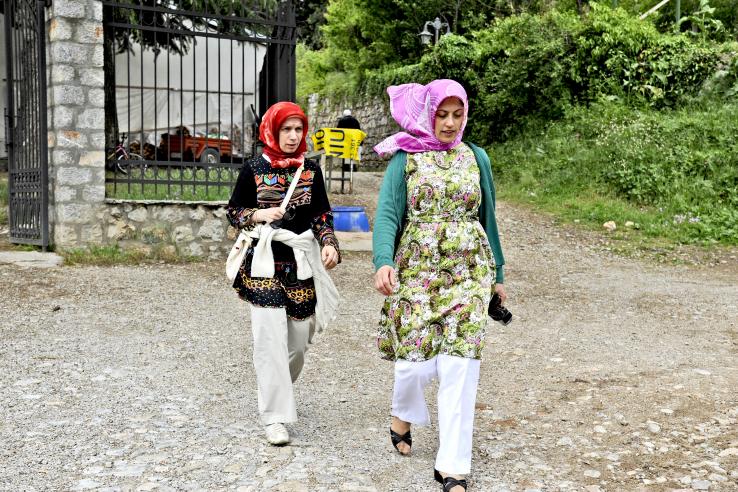Displaying 256 - 270 of 8473
Research Paper
File: Research paper
Research Paper
File: Research paper
Long-acting reversible contraceptives are highly effective in preventing unintended pregnancies, but take-up remains low. This paper analyzes a randomized controlled trial of interventions addressing two barriers to long-acting reversible contraceptive adoption, credit, and informational constraints...
Policy Publication
File: Policy publication
Promoting positive and cooperative contact helped Iraqi Christians displaced by ISIS build tolerance toward Muslim peers after conflict, but these effects did not generalize to the broader Muslim community.
Research Paper
File: Research paper
Research Paper
File: Research paper
Research Paper
File: Research paper
Research Paper
File: Research paper
Policy Publication
File: Policy publication
Targeting payments of a nationwide conditional cash transfer program to women increased household spending on food by empowering women and enhancing their decision-making power in the household.
Research Paper
File: Research paper
Research Paper
File: Research paper
Research Paper
File: Research paper
Research Paper
File: Research paper
Research Paper
File: Research paper
Research Paper
File: Research paper
Research Paper
File: Research paper

